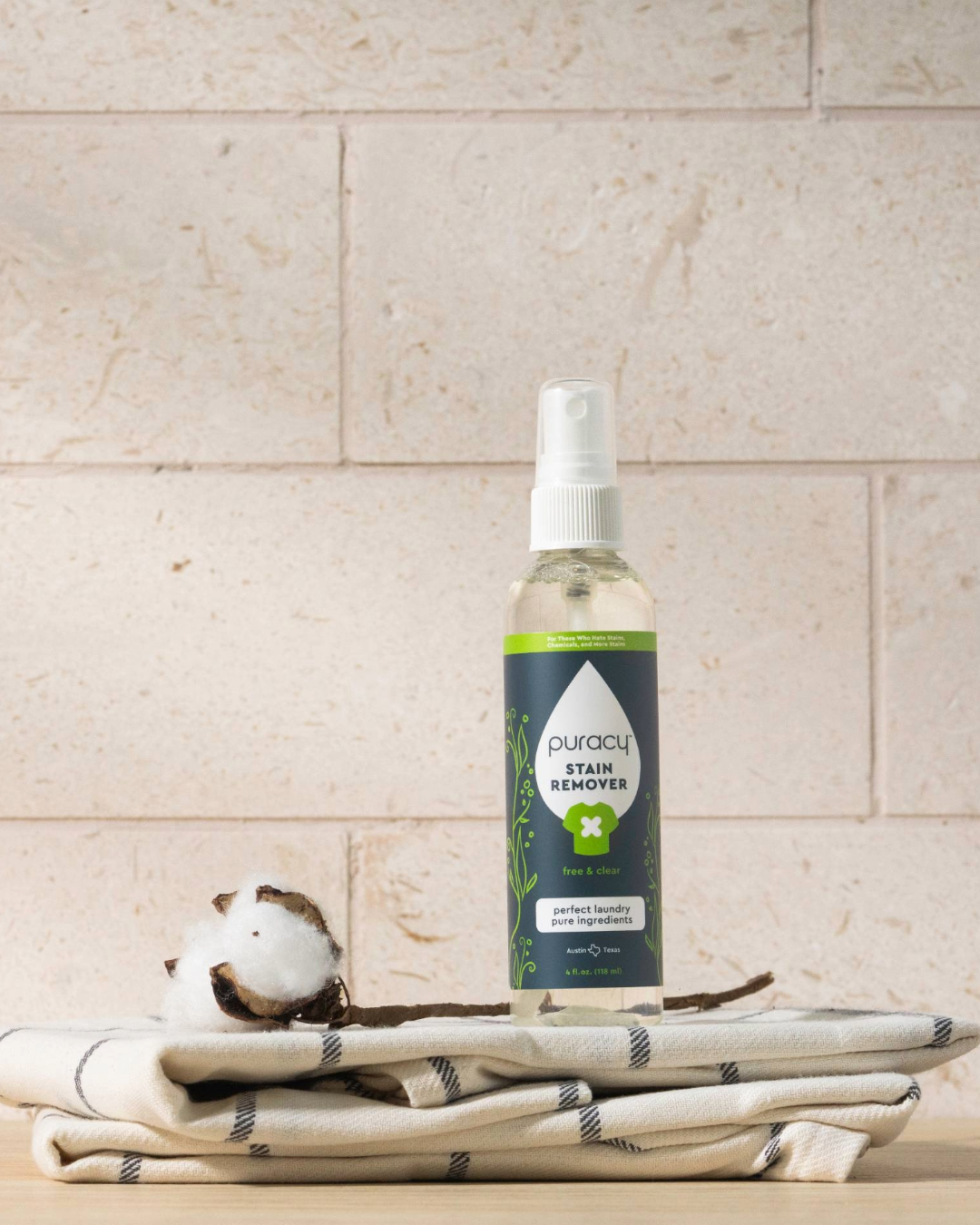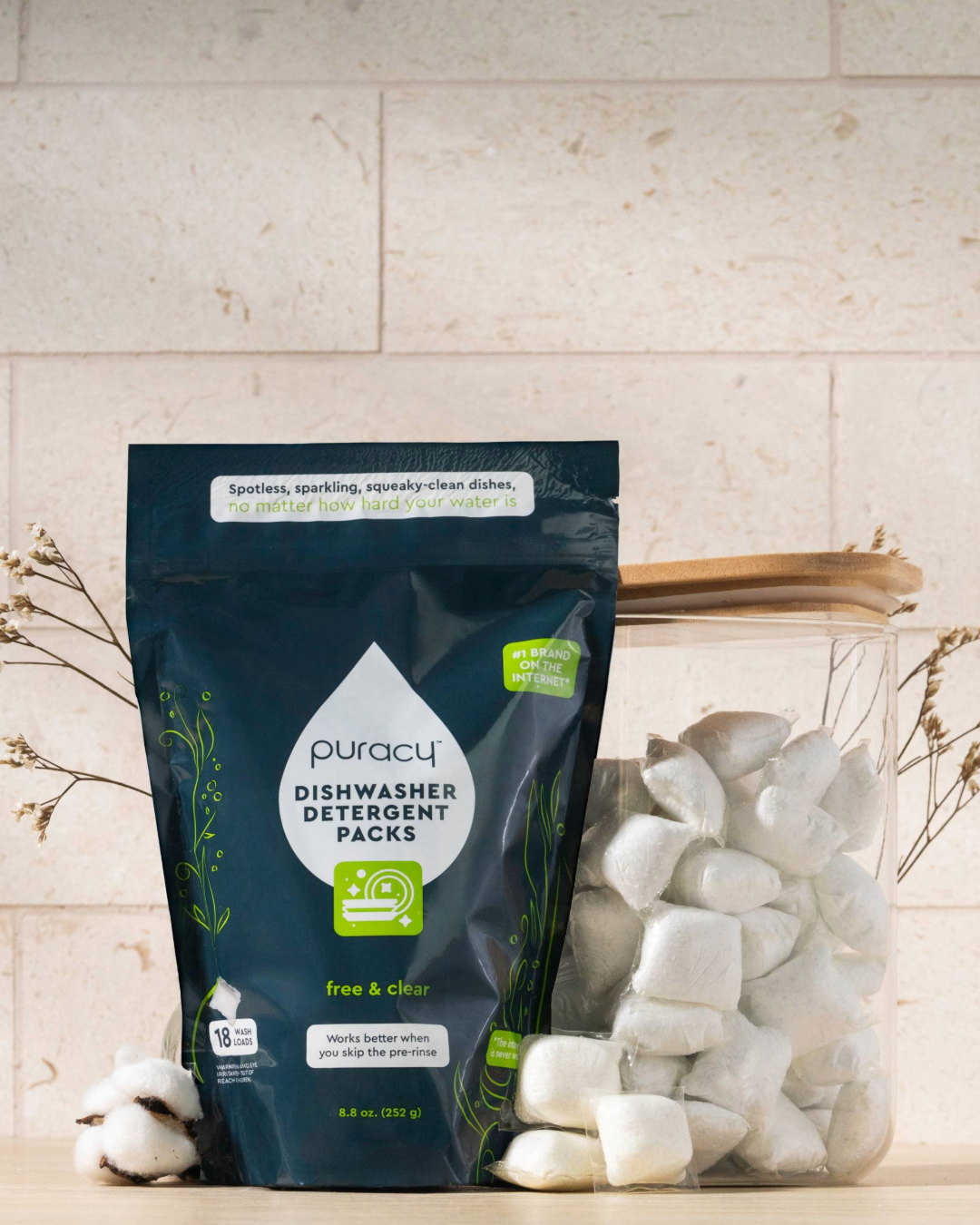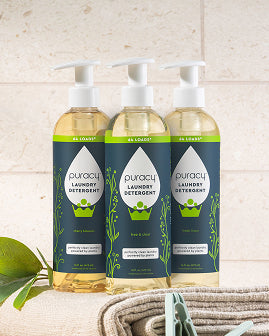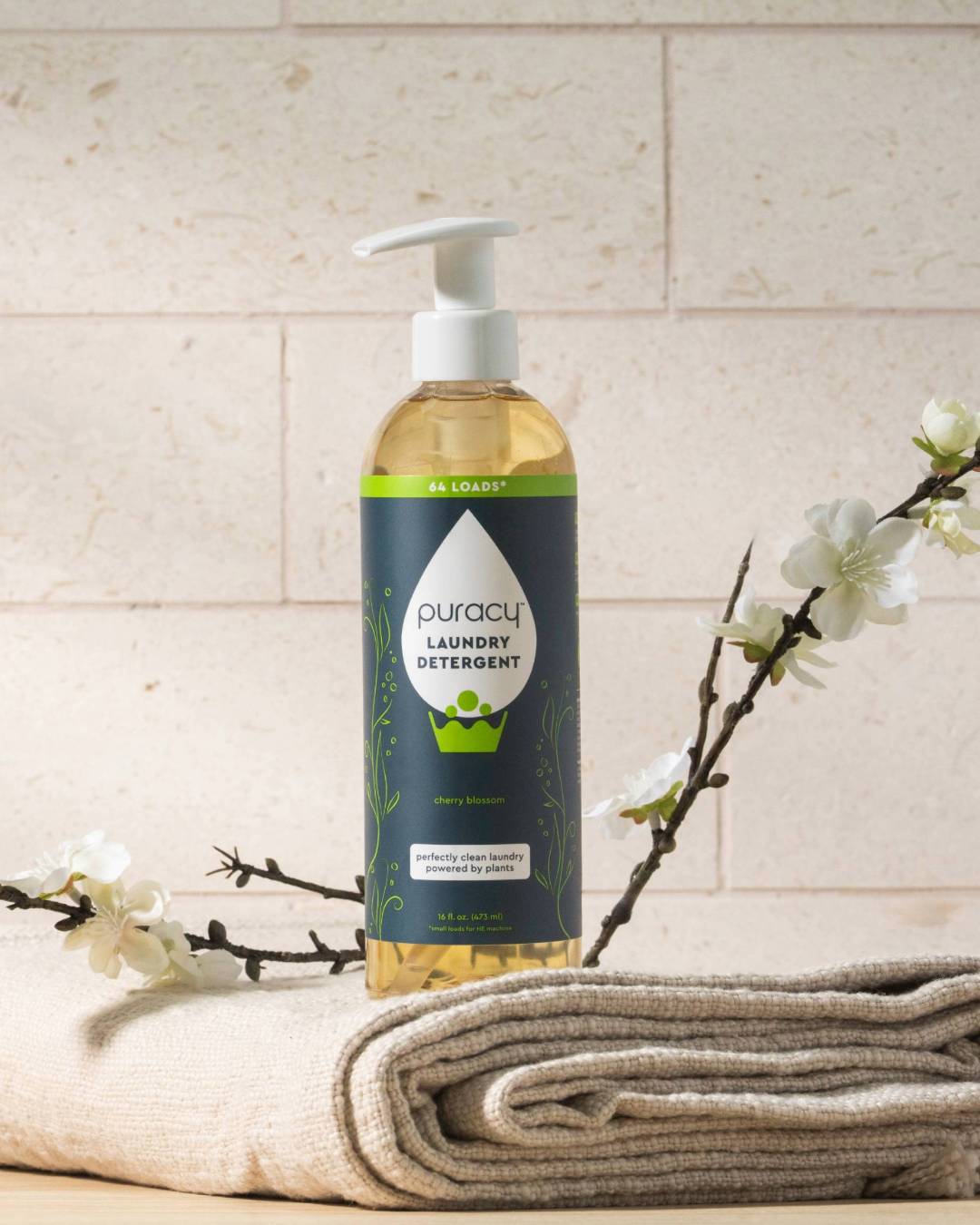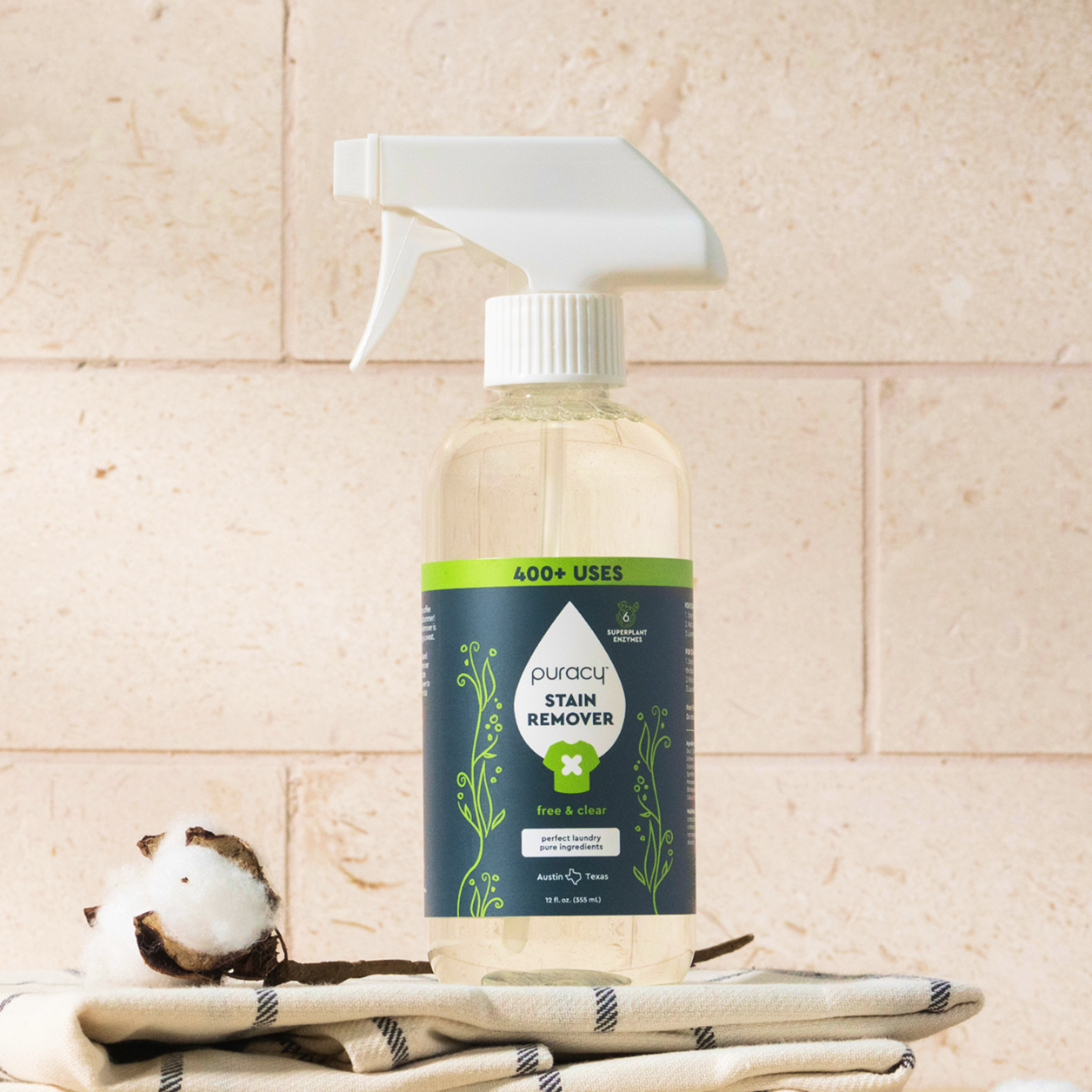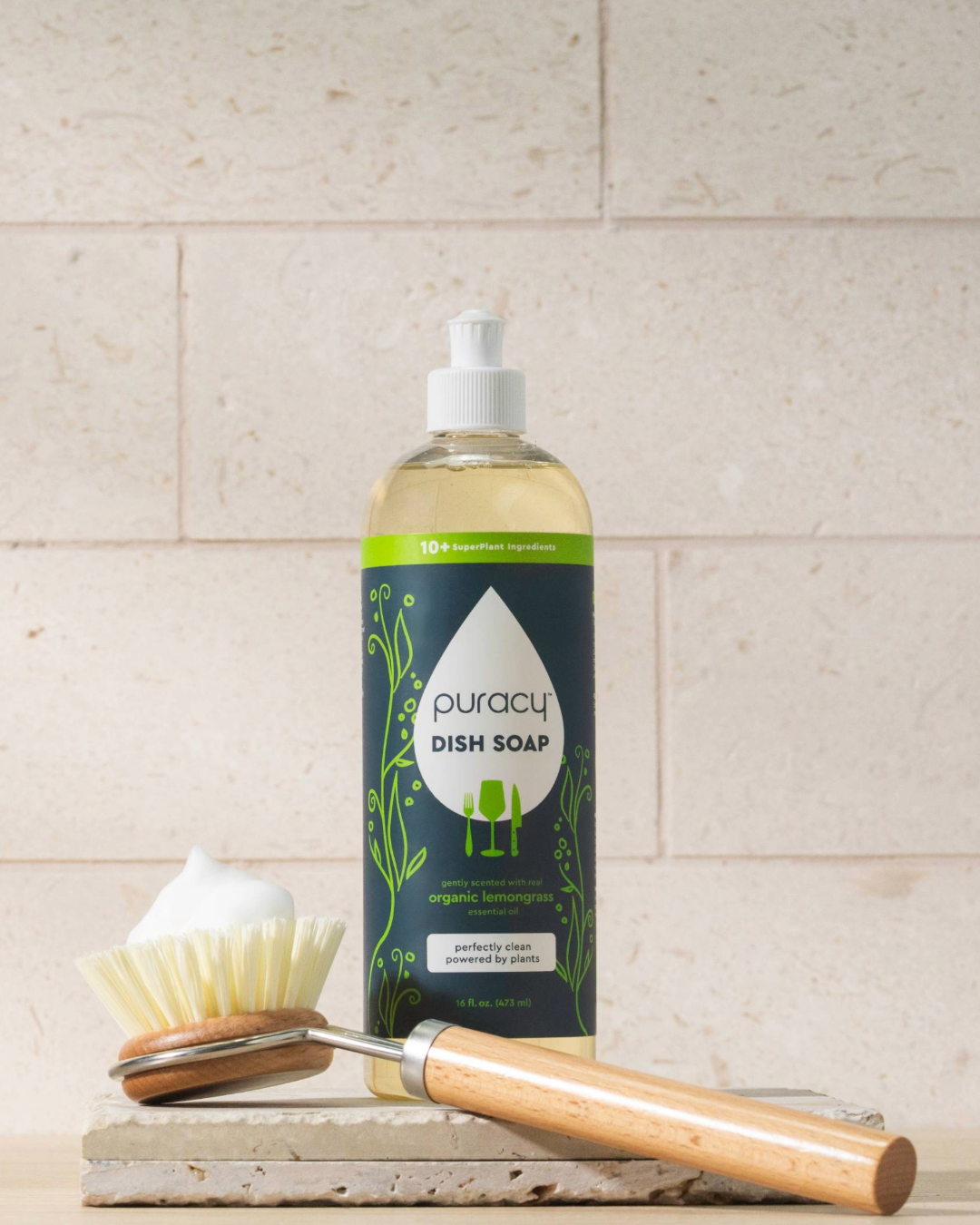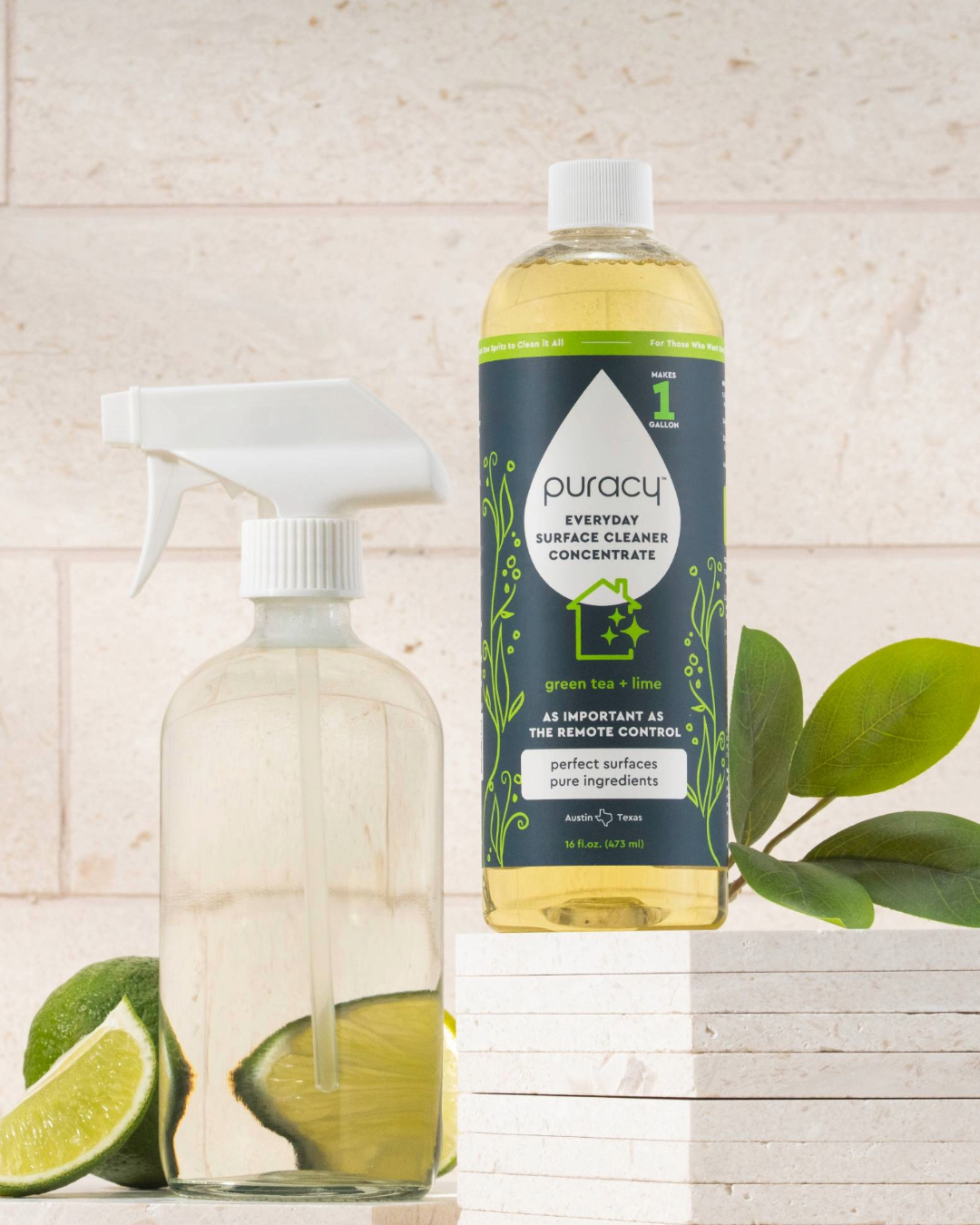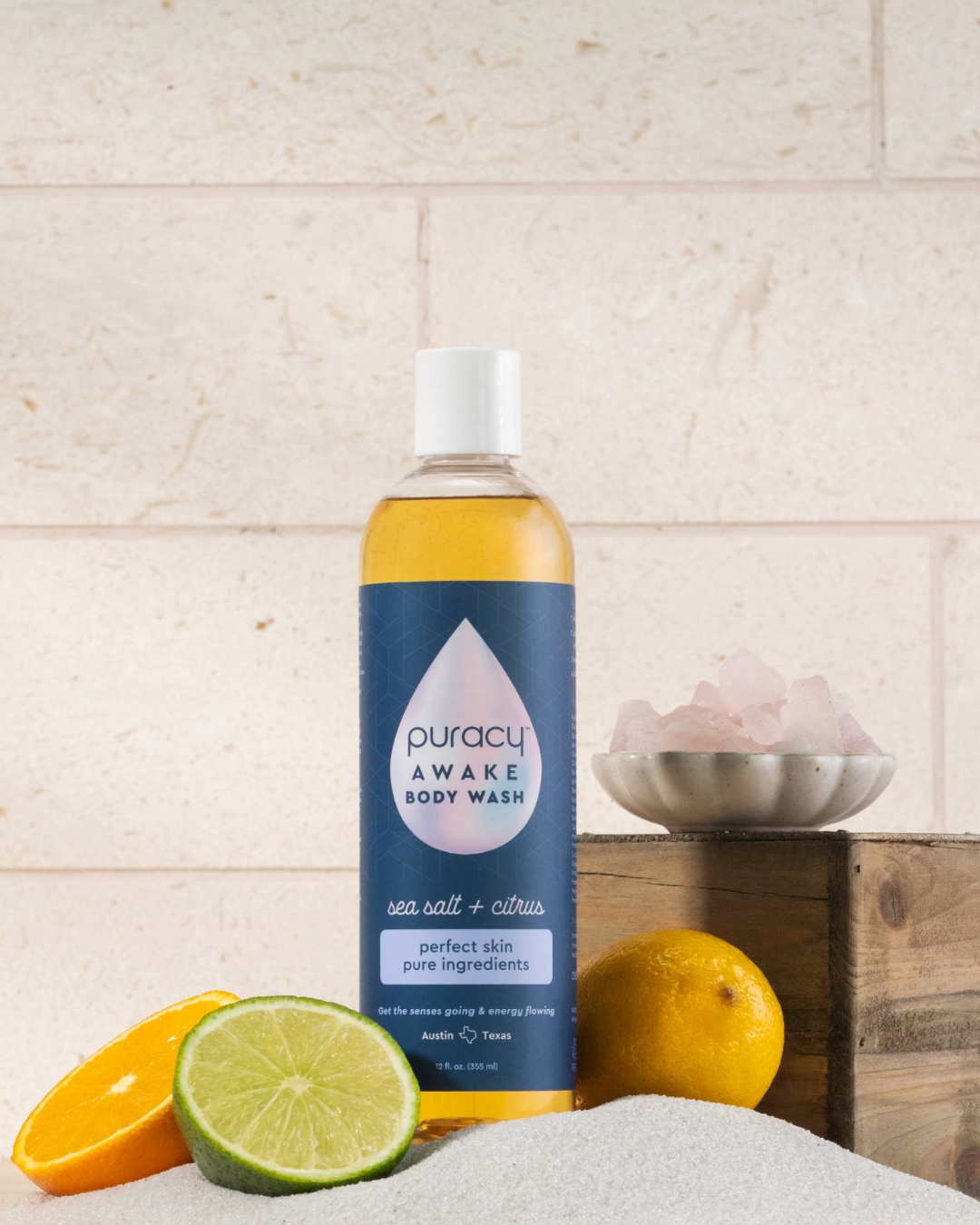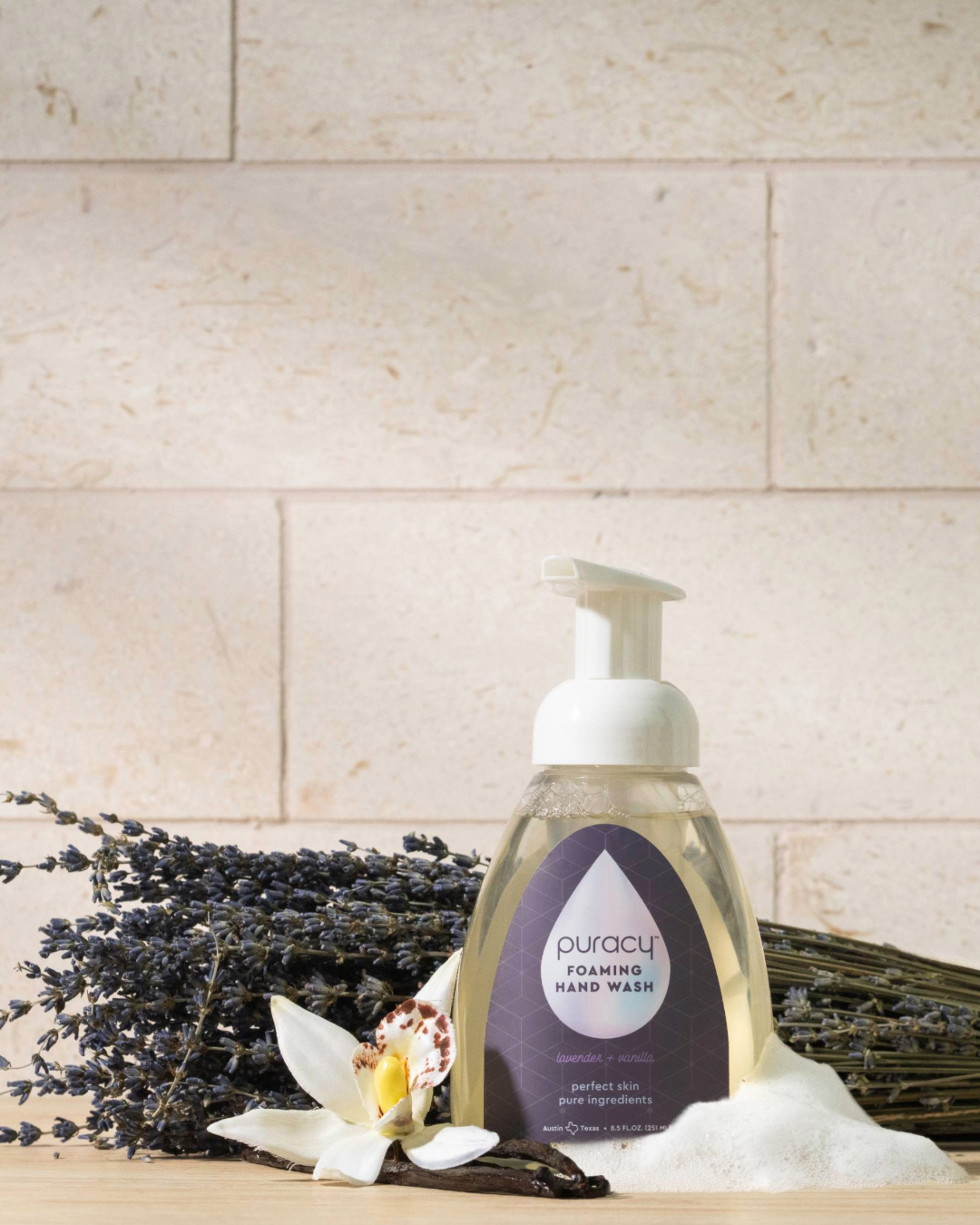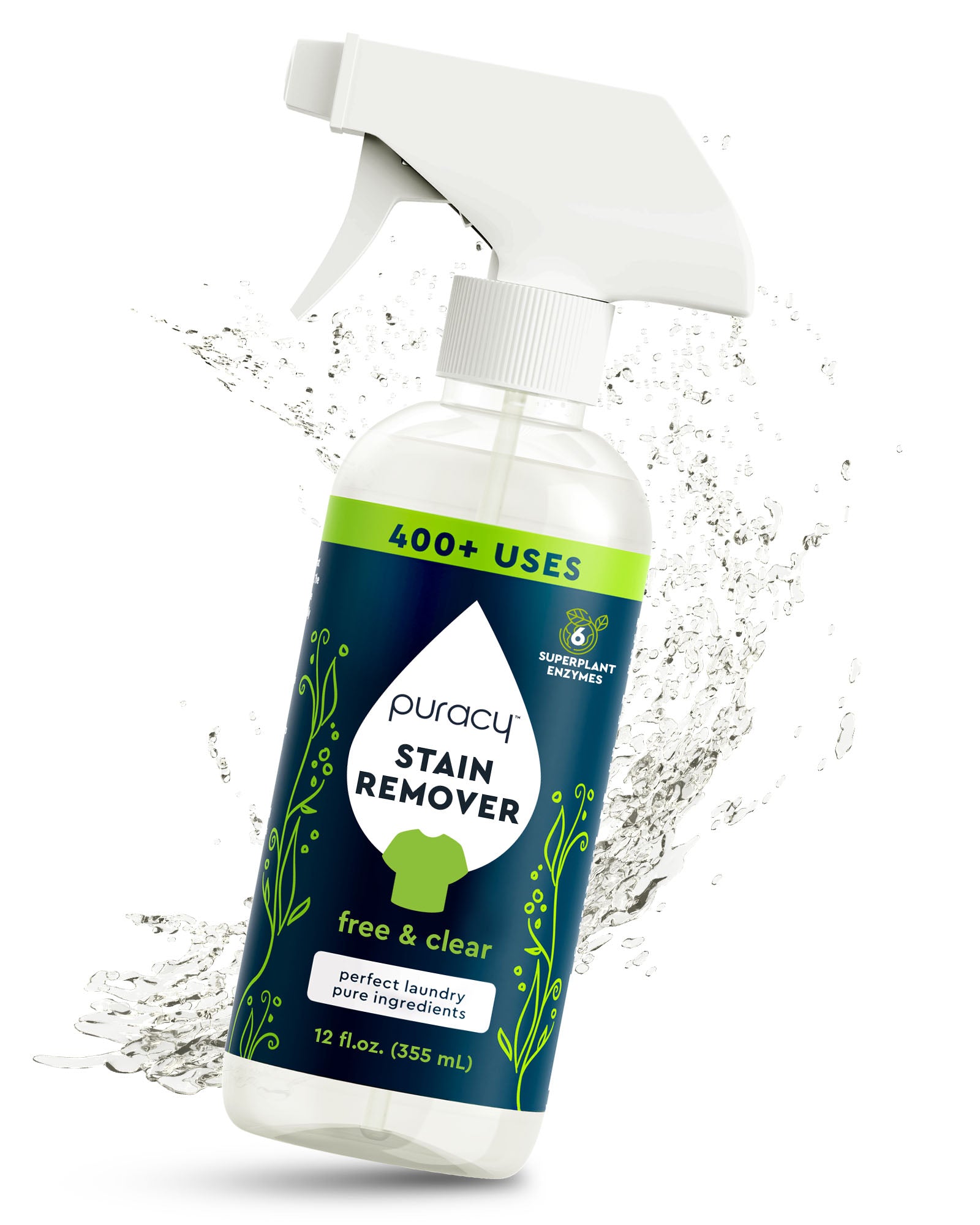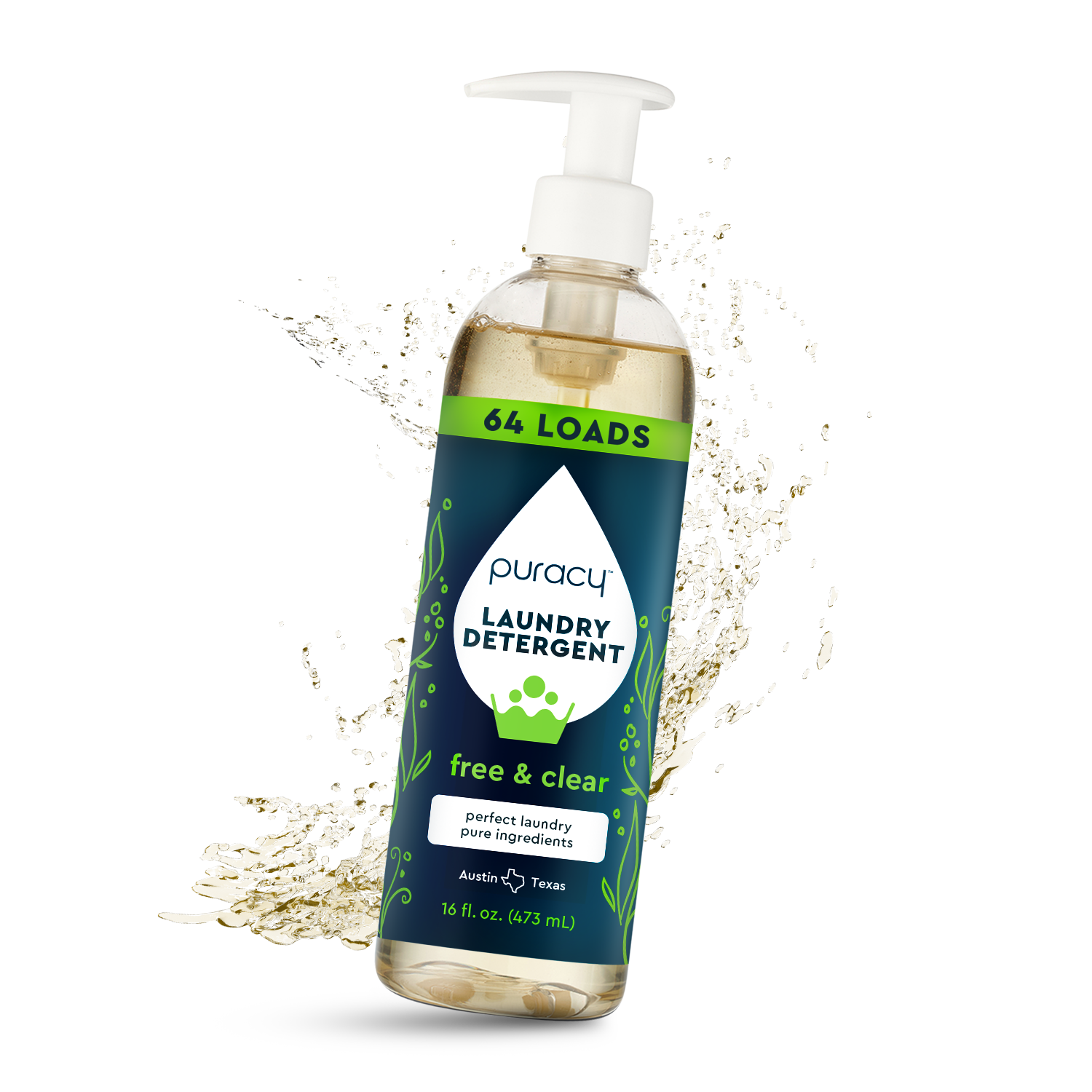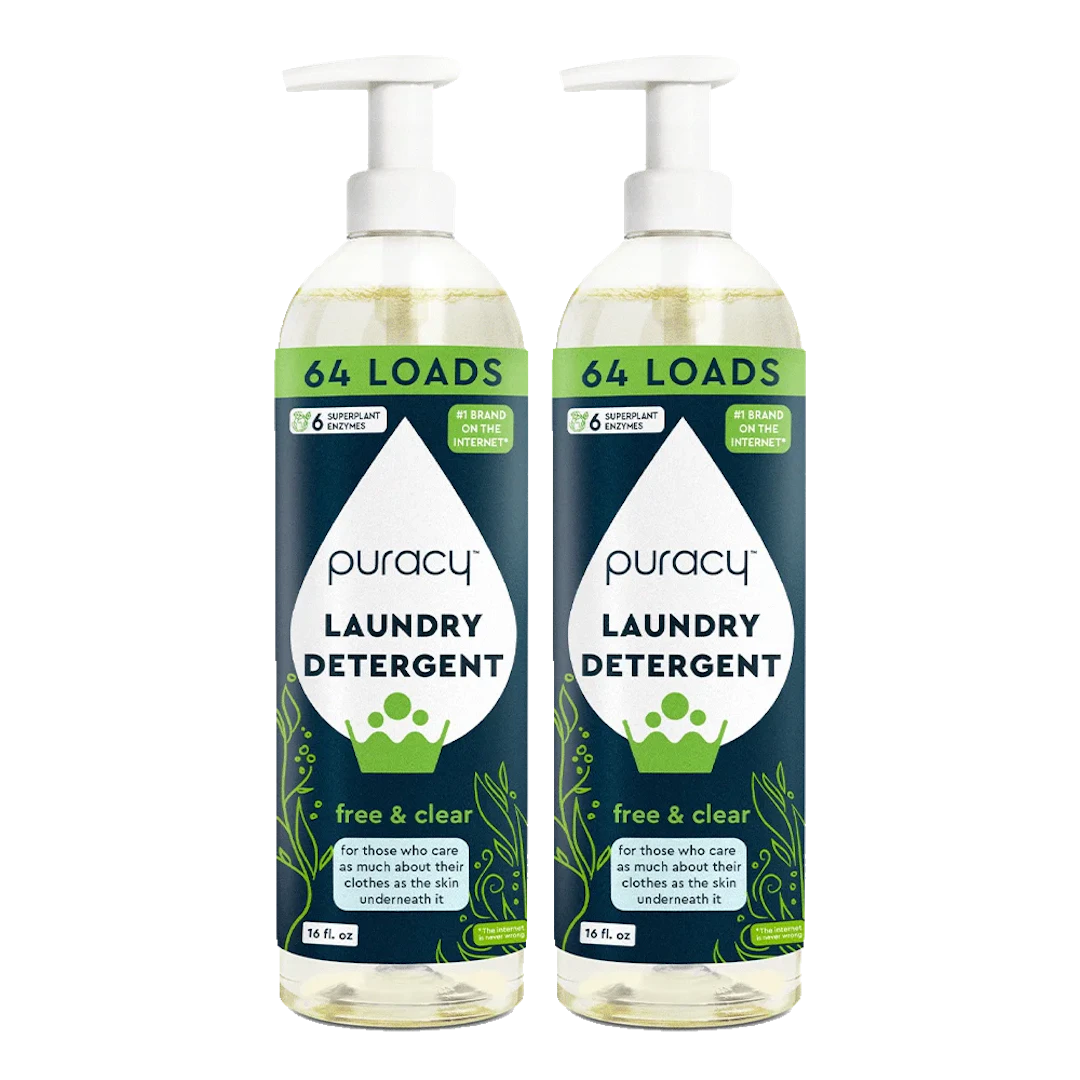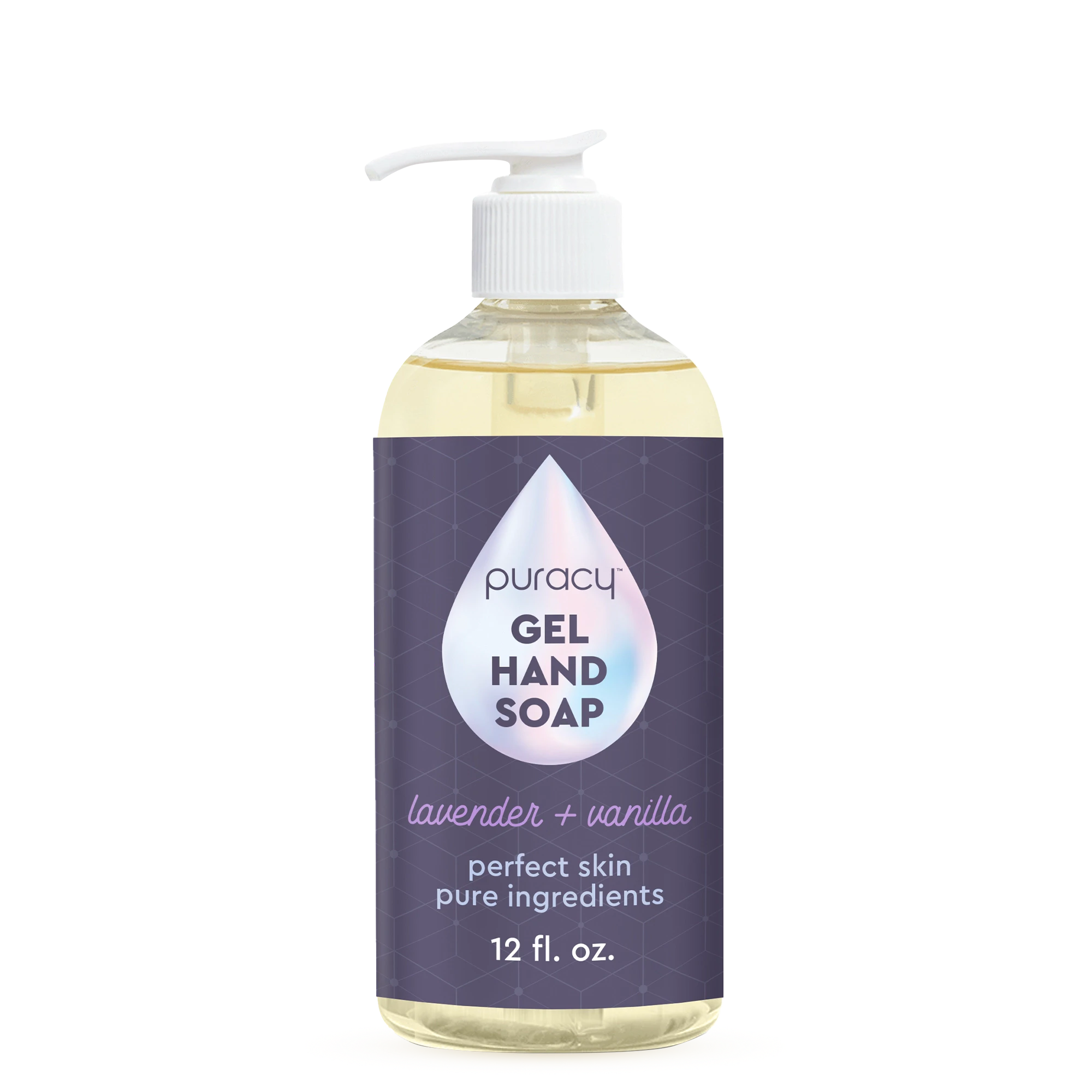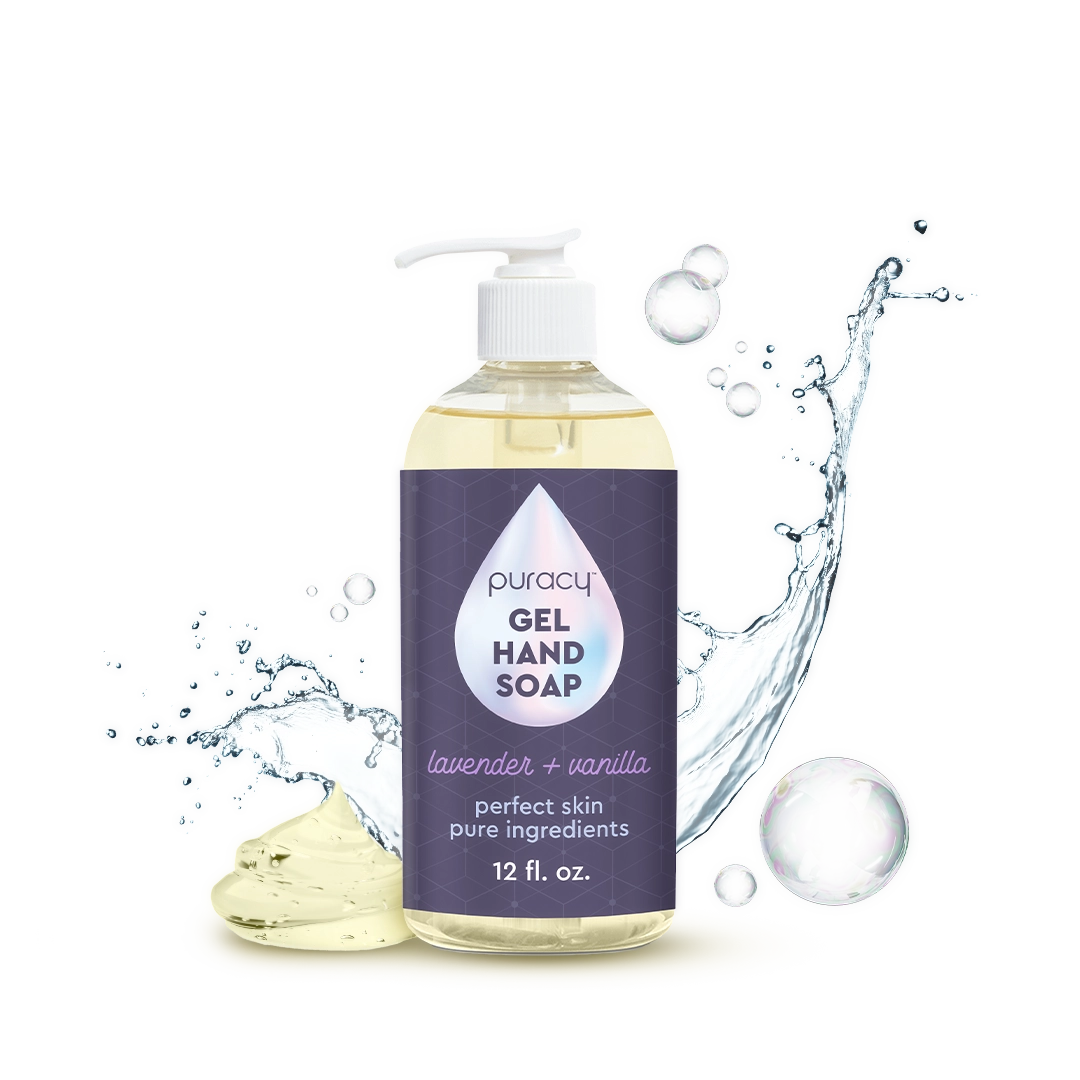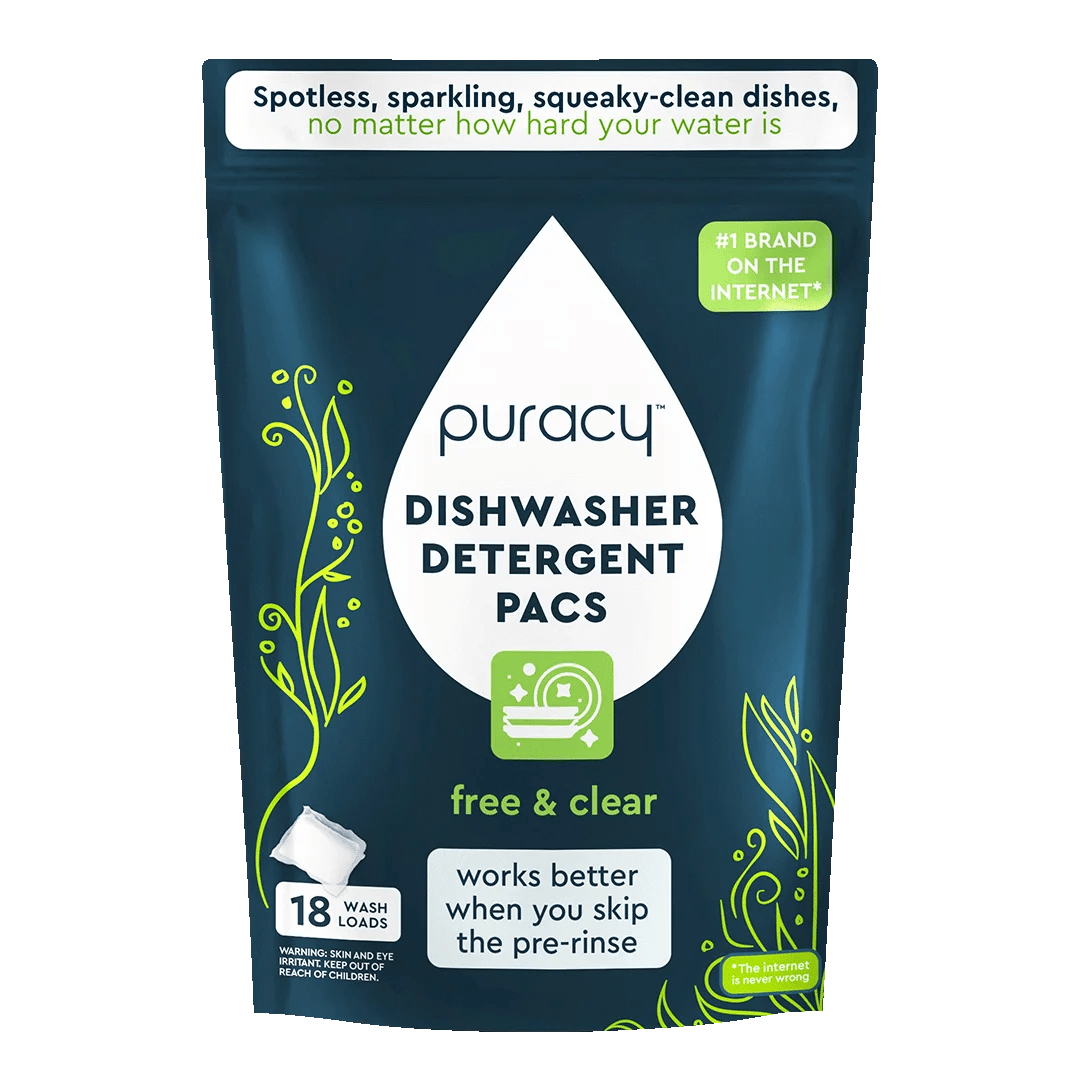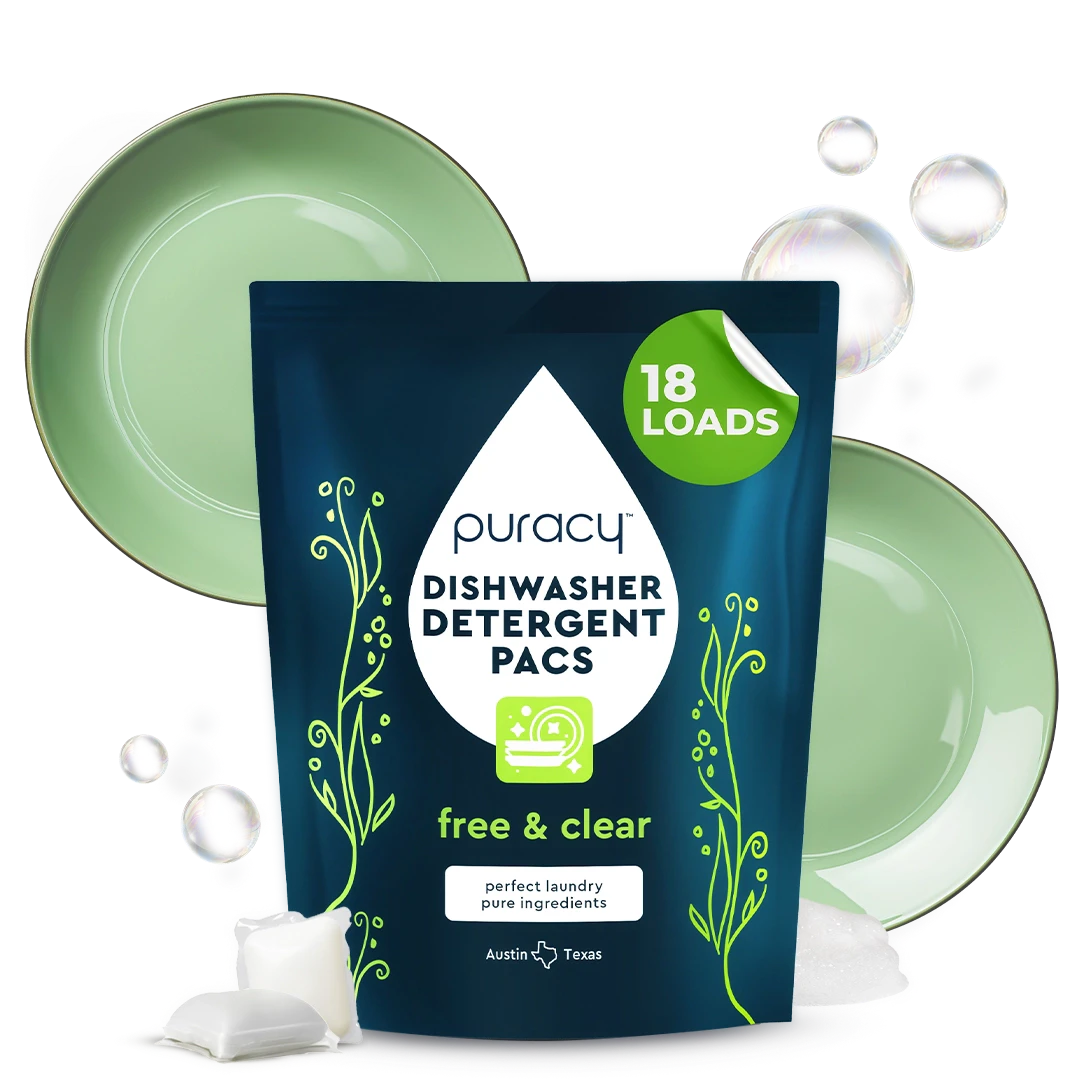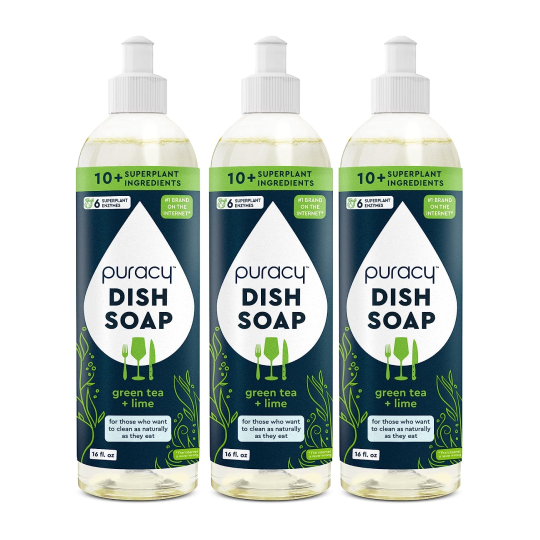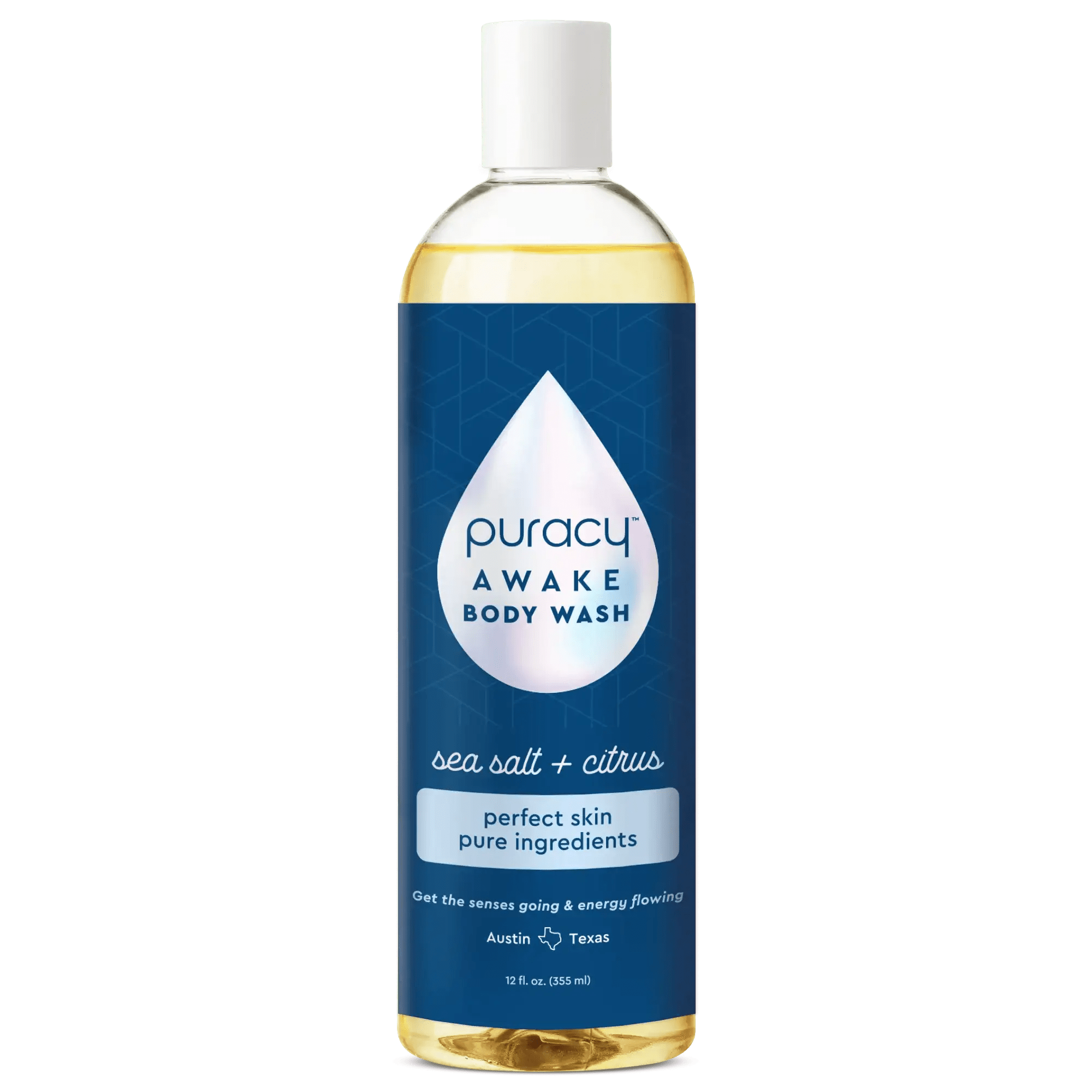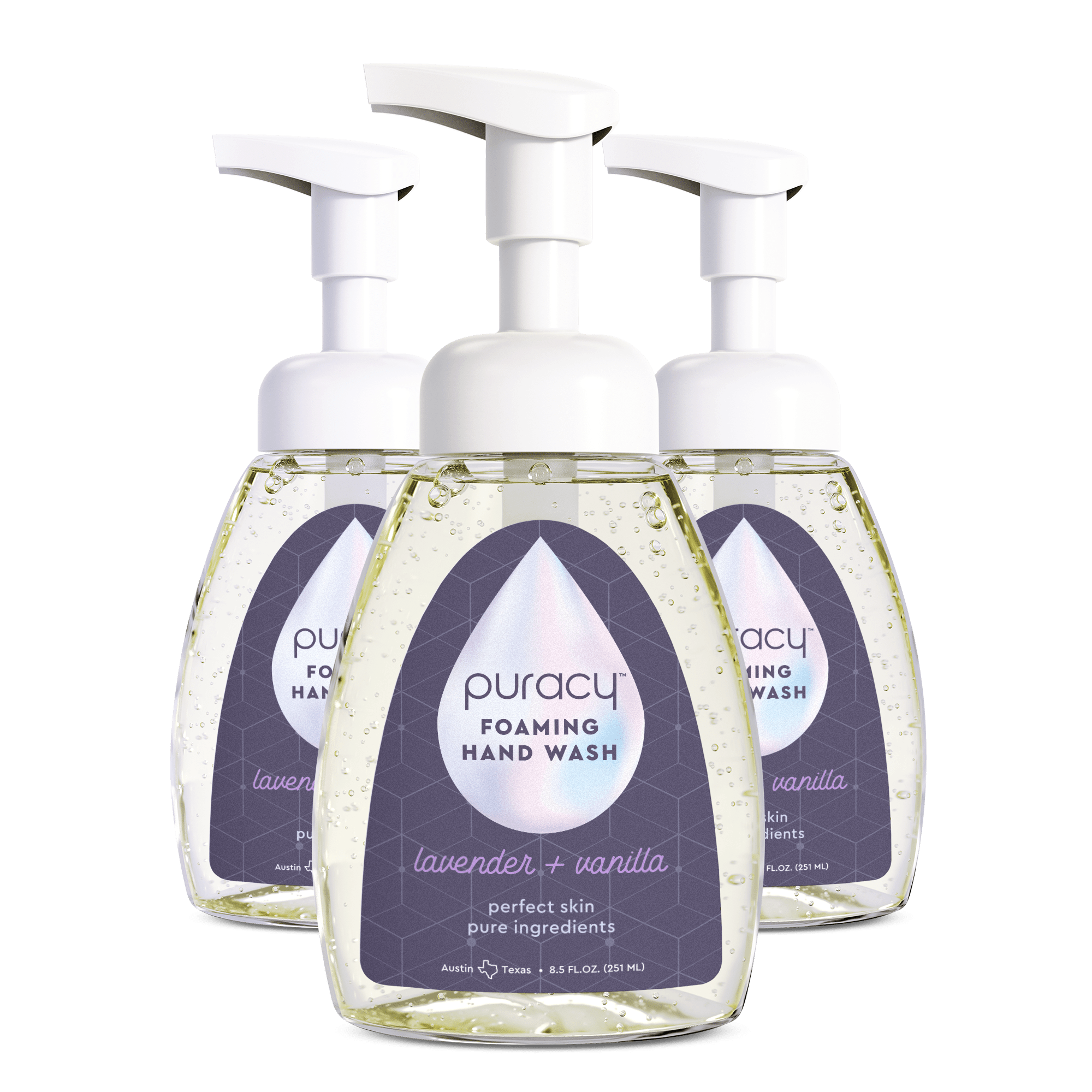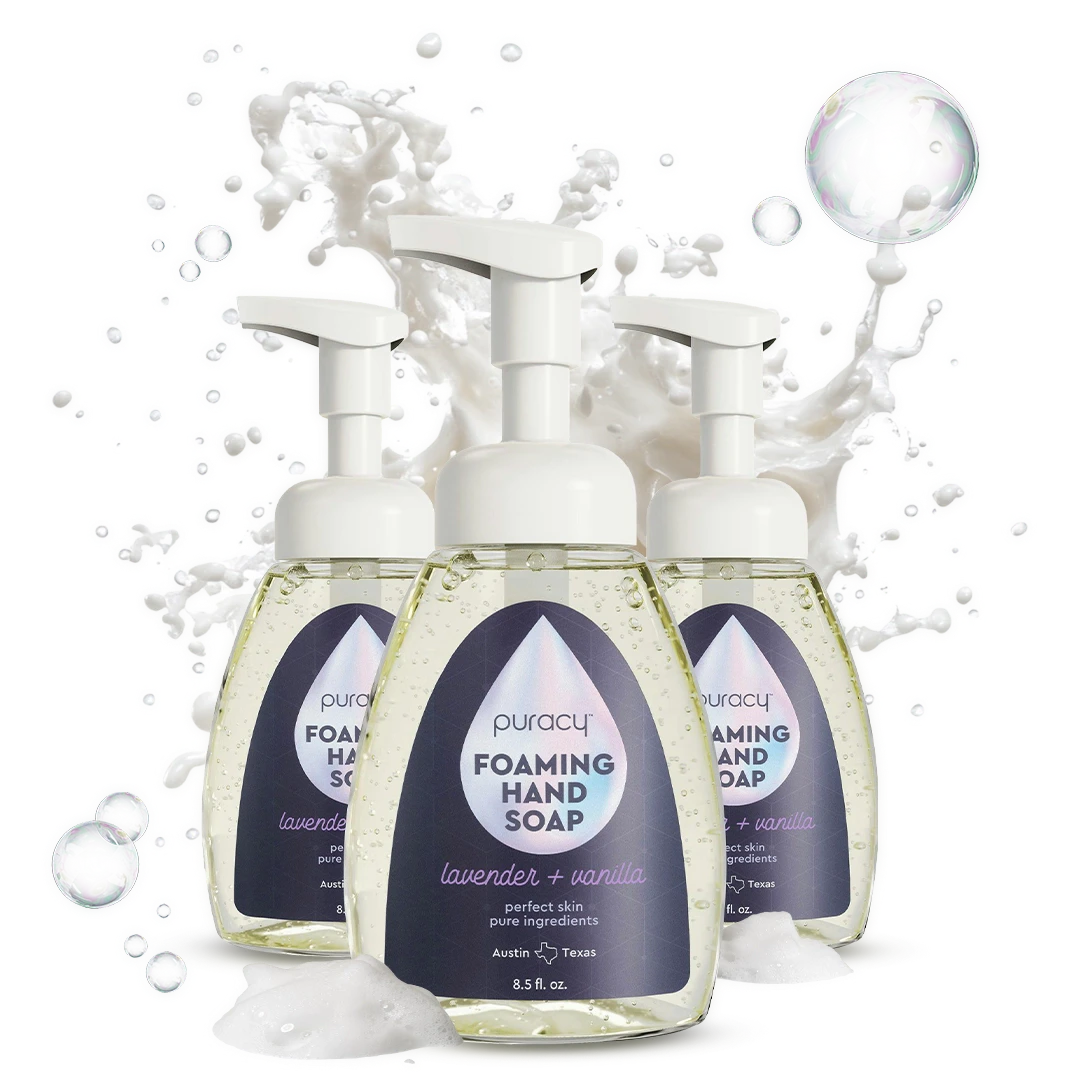Do Dishwasher Pods Cause Drain Clogging - What To Do?
What Are Dishwasher Pods Made Of?
Many people have asked the question of what these neat pods hold inside. Each little pod contains a powerful mix of cleansers inside a special plastic-like wrap made of polyvinyl alcohol (PVA).
Cleaning companies enclosed this strong blend into a tidy package, designed to avoid mess and ensure the right amount of soap gets into your machine.
PVA breaks down completely during the wash cycle. It dissolves quickly with water.
It fully disintegrates into individual molecules, not fragments, so there shouldn’t be concerns about lingering microplastics.
The Science Behind Pods
The PVA used in these dishwasher pods is not classified as a microplastic by regulatory bodies, such as the European Chemicals Agency. Why? Because it’s soluble and biodegradable.
The American Cleaning Institute (ACI) noted that detergent-grade PVA dissolves at levels well above two grams per liter and meets strict biodegradability criteria.
Interestingly, not all PVA is the same. The kind used in textiles or construction doesn’t dissolve like this version does. The pods are formulated with a specific type designed to dissolve even in cold water with temperatures below 10 degrees Celsius, posing no issues.
Once they hit the wastewater system, they don’t linger because they break down completely within hours during standard treatment processes.
Will Dishwasher Pods Clog Pipes?
Most of the time, they do not clog pipes. However, this depends on how the pod was made and how it’s being used. Well-formulated pods, when used according to the manufacturer’s description, are unlikely to cause any drain issues. Those that cause problems are low-quality or poorly formulated, without plumbing in mind.
One thing you should know is that the polyvinyl alcohol coating used in most major brands dissolves completely. That means no buildup and nothing left to block pipes.
Different drains clog in different ways. Kitchen sinks often suffer from grease and food scraps, while shower drains mostly trap hair. Laundry drains gradually collect lint and soap. Main sewer lines face grease buildup.
Modern plumbing systems are built to manage detergent residue efficiently. That’s part of why the United States Environmental Protection Agency flat-out rejected claims that pods release microplastics, as of April 2023.
What about the online complaints? Sure, they are there, but they are not common, and the cause isn't always clear, as per the fact-checking website Snopes.
Snopes consulted a major brand, which confirmed that their pods are engineered to pass safely through drain lines. A well-known plumbing contractor reported no recurring issues in the country’s 50 metro areas.
That said, poorly made or expired pods, combined with improper use or failing pipes, can absolutely cause problems.
When Pods Might Cause Drain Issues
While dishwasher pods are generally safe, several factors can still increase the risk of drain problems. This is true, especially in older or damaged piping systems.
Homes built before the 1990s often have corroded, scaled, or narrow pipes that are far more prone to clogging. In these cases, pipe condition matters. Cracks, buildup, or root intrusions create a weak point where residue can accumulate.
Clogging doesn’t always start in the drain. Here are more ways:
-
Dishwasher filter screens are also likely to trap undissolved pod fragments.
-
Overloading your dishwasher creates another issue. Spray arms can get blocked, leaving detergent residue behind.
-
Low-quality or expired pods are another culprit. Cheap versions often contain thicker PVA that dissolves poorly, while old pods harden, and many never fully break down.
-
Problems also arise from improper placement. Putting pods in the tub instead of the dispenser leads to incomplete dissolution.
-
Short wash cycles don’t allow enough time for pods to break down.
Alternatives To Dishwasher Pods
Looking for options other than pods? Take a look at these alternatives.
-
Liquid Dishwasher Detergent
A liquid detergent offers adjustable dosing. It’s a solid choice if you prefer short cycles. This is best for newer machines with efficient spray arms.
-
Dishwasher Powder
These are the most cost-effective and easy-to-control alternatives. But it can clump in humid conditions. It also requires just the right dosage to minimize the possibility of clogging.
-
DIY Detergent
Homemade blends using washing soda, citric acid, and borax give you full control of your washing.
-
Dishwasher Tablet
Tablets are pre-measured like pods but without the PVA coating. This is great for users who love the convenience, but it can harden without enough water.
How To Prevent Pod-Related Clogs
While pods are not always the problem, improper use combined with inadequate machine, cycle length, and older pipes may result in clogs.
Preventing piping issues from dishwasher pods starts with how you use them. The best way to go is to place the pod inside the detergent compartment, not loosely in the tub. If it’s too large or doesn’t fit securely, it may not dissolve completely.
Manufacturers recommend using the dispenser. Although some experts note that placing pods in the silverware tray or dishwasher floor can be effective if necessary.
You should also keep your machine clean—monthly filter cleanings and clearing debris from spray arms go a long way. Appliance experts also recommend routine maintenance to keep filters and screens from clogging.
When it comes to pod selection, go for reputable dishwasher pod brands or those dedicated to eco-friendliness and machine compatibility. Double-check expiration dates before use because expired products may fail to work as intended.
Using them as directed and adding rinse aid separately if not included in the formula works, too.
Another smart habit is to run hot water before starting your cycle, as heat generally speeds up the dissolving process, but this may not be necessary for pods that work with cold water. But, take note that storing them in a dry, airtight container is essential to prevent hardening.
Finally, don’t forget to read your dishwasher manual, check that the pod fits the compartment, and avoid short cycles unless your pod is made for them.
References
Byrne, D., Boeije, G., Croft, I., Hüttmann, G., Luijkx, G., Meier, F., Parulekar, Y., & Stijntjes, G. (2021). Biodegradability of Polyvinyl Alcohol Based Film Used for Liquid Detergent Capsules. Tenside Surfactants Detergents, 58(2), 88–96. https://doi.org/10.1515/tsd-2020-2326
Debunking Myths about PVA and Detergent Pods. (n.d.). The American Cleaning Institute (ACI). Retrieved June 19, 2025, from https://www.cleaninginstitute.org/debunking-myths-about-pva-and-detergent-pods
LaCapria, K. (2017, July 18). FACT CHECK: Do Detergent Pods Clog Drains? Snopes.Com. https://www.snopes.com/fact-check/detergent-pods-warning/
Polyvinyl Alcohol (PVA); TSCA Section 21 Petition for Rulemaking; Reasons for Agency Response; Denial of Requested Rulemaking. (2023, April 27). Federal Register. https://www.federalregister.gov/documents/2023/04/27/2023-08864/polyvinyl-alcohol-pva-tsca-section-21-petition-for-rulemaking-reasons-for-agency-response-denial-of
